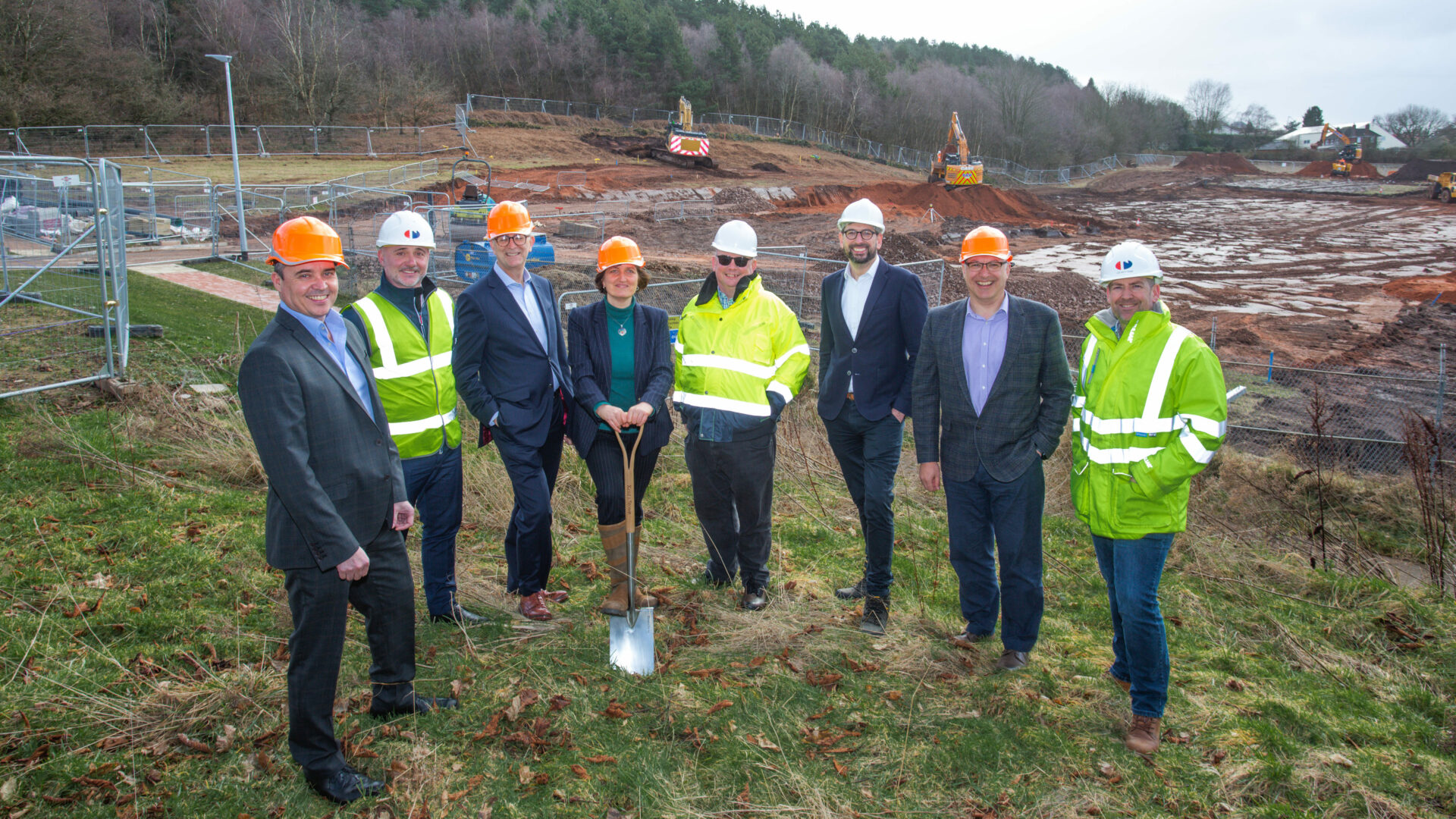Government urged to up Met Office supercomputer investment
The Met Office needs fresh supercomputing power, but it will cost plenty of money to acquire.


MPs have told the Government it should boost investment in supercomputers to support the Met Office in its weather predictions.
The Science and Technology Committee said it was "of great concern" that the Met Office's forecasting was being held back by a lack of compute power, according to a report released today.
MPs pointed to the associated public benefits of highly accurate weather prediction, particularly in regard to severe weather warnings. This month saw snow hit the UK, causing Heathrow to cancel around half of flights and economic damage to airlines.
The Met Office currently runs an IBM supercomputer from its HQ and operations centre in Exeter.
We consider that a step-change in supercomputing capacity is required in the UK.
"We consider that a step-change in supercomputing capacity is required in the UK and the Government should finalise the business case for further investment in supercomputing capacity soon," the report read.
The committee found various cases in which supercomputing power helped the Met Office. In particular it pointed to the work the Met Office had done with the Natural Environment Research Council (NERC) in running the joint supercomputing system MONSooN.
Get the ITPro daily newsletter
Sign up today and you will receive a free copy of our Future Focus 2025 report - the leading guidance on AI, cybersecurity and other IT challenges as per 700+ senior executives
That system allows scientists to collaborate on research into a various modelling issues and benefits the Met Office in extending how much it can work with the wider research community. For example, MONSooN has been used to analyse and improve the common ocean modelling system.
"We encourage the expansion of MONSooN and recommend that NERC work closely with the Met Office to develop plans for the next phase that are suitable for the research community's needs," the report read.
The committee did note the significant cost associated with upping supercomputing investment, however.
According to the report, to get the compute improvements the Met Office desires, there would be a four-fold increase in supercomputing costs.
The Met Office would like to have access to a supercomputer with at least twice the capacity of the near one petaflop machine it currently uses. This would cost 14 million per year, over each of the next three years.
The Met Office chief scientist told the committee there would be "a very rapid return" on investment in supercomputing, however.
In 2010/11, Overall Met Office costs were 186.7 million, whilst revenues hit 196.1 million.
The Met Office told the committee that "remote supercomputing options, such as third party facilities, grid computing and cloud computing, [were] not suitable at the current time."
Earlier this month, the European Commission unveiled plans to double investment in supercomputing.
The EU plans to increase investment in the industry from 630 million to 1.2 billion to produce machines capable of exascale computing.
When asked whether the Met Office could benefit from this funding boost, a spokesperson told IT Pro it did not see much use for distributed computing at the current time.
"The nature of weather forecasting does not lend itself to distributed computing," the spokesperson said.
"Operational weather forecasting models have to run very efficiently on supercomputers and also gather and process huge amounts of data, all within a very short timeframe.
"This requires a specific type of machine architecture as well as a very large bandwidth to get the data out of the machine and on to a huge data archive. The Met Office looks at this issue every year."
Tom Brewster is currently an associate editor at Forbes and an award-winning journalist who covers cyber security, surveillance, and privacy. Starting his career at ITPro as a staff writer and working up to a senior staff writer role, Tom has been covering the tech industry for more than ten years and is considered one of the leading journalists in his specialism.
He is a proud alum of the University of Sheffield where he secured an undergraduate degree in English Literature before undertaking a certification from General Assembly in web development.
-
 Should AI PCs be part of your next hardware refresh?
Should AI PCs be part of your next hardware refresh?AI PCs are fast becoming a business staple and a surefire way to future-proof your business
By Bobby Hellard Published
-
 Westcon-Comstor and Vectra AI launch brace of new channel initiatives
Westcon-Comstor and Vectra AI launch brace of new channel initiativesNews Westcon-Comstor and Vectra AI have announced the launch of two new channel growth initiatives focused on the managed security service provider (MSSP) space and AWS Marketplace.
By Daniel Todd Published
-
 Google claims its AI chips are ‘faster, greener’ than Nvidia’s
Google claims its AI chips are ‘faster, greener’ than Nvidia’sNews Google's TPU has already been used to train AI and run data centres, but hasn't lined up against Nvidia's H100
By Rory Bathgate Published
-
 £30 million IBM-linked supercomputer centre coming to North West England
£30 million IBM-linked supercomputer centre coming to North West EnglandNews Once operational, the Hartree supercomputer will be available to businesses “of all sizes”
By Ross Kelly Published
-
 How quantum computing can fight climate change
How quantum computing can fight climate changeIn-depth Quantum computers could help unpick the challenges of climate change and offer solutions with real impact – but we can’t wait for their arrival
By Nicole Kobie Published
-
 “Botched government procurement” leads to £24 million Atos settlement
“Botched government procurement” leads to £24 million Atos settlementNews Labour has accused the Conservative government of using taxpayers’ money to pay for their own mistakes
By Zach Marzouk Published
-
 Dell unveils four new PowerEdge servers with AMD EPYC processors
Dell unveils four new PowerEdge servers with AMD EPYC processorsNews The company claimed that customers can expect a 121% performance improvement
By Zach Marzouk Published
-
 Intel unveils Max Series chip family designed for high performance computing
Intel unveils Max Series chip family designed for high performance computingNews The chip company claims its new CPU offers 4.8x better performance on HPC workloads
By Zach Marzouk Published
-
 Lenovo unveils Infrastructure Solutions V3 portfolio for 30th anniversary
Lenovo unveils Infrastructure Solutions V3 portfolio for 30th anniversaryNews Chinese computing giant launches more than 50 new products for ThinkSystem server portfolio
By Bobby Hellard Published
-
 Microchip scoops NASA's $50m contract for high-performance spaceflight computing processor
Microchip scoops NASA's $50m contract for high-performance spaceflight computing processorNews The new processor will cater to both space missions and Earth-based applications
By Praharsha Anand Published